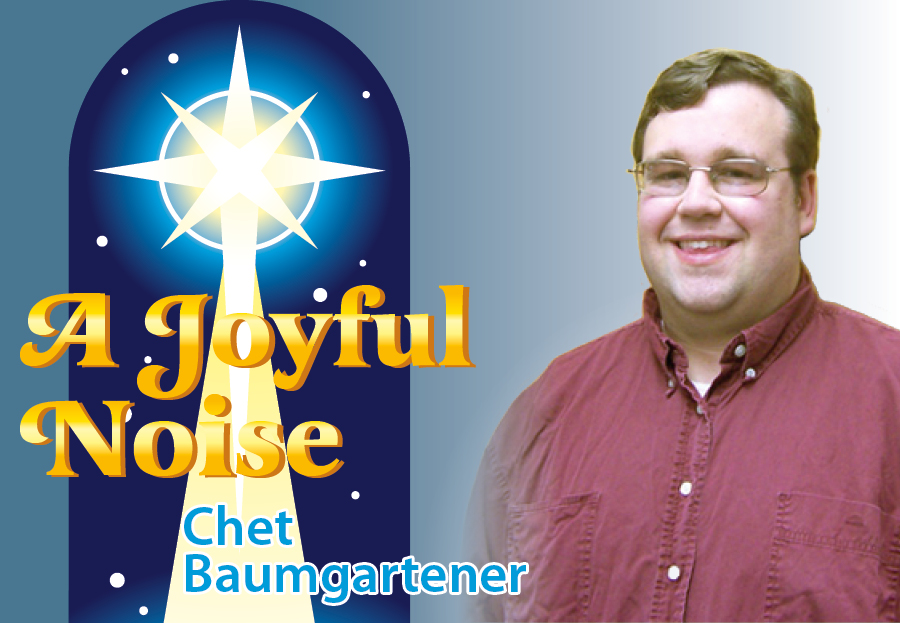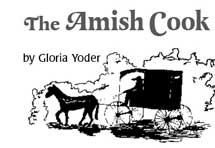
The posse of young men and women, some sporting belt buckles approximately the size of Texas, slowly and wearily walked in a circular march. Meanwhile their steers, sporting a variety black-and-white blotches, dutifully followed, stirring up an unquenchable scent of saw dust and dirt.
When the animals stopped, they usually stared straight ahead or down, but all human eyes focused on the judge, whose gaze sliced through the barn, looking for reasons to commend — or condemn.
Minutes passed like hours before he motioned to a chosen few to line up away from the rest. His hands moved from his denim-clad hips and went to his head, where he rubbed his chin.
Not even the steers moved.
Finally, though, the man moved. He grabbed a microphone, imparted some final wisdom and encouraged the audience to give these “young people” a “big round of applause,” and as the audience did, the judge moseyed over to the buckle-brandishing youth who pleased him the most.
They shook hands; the youth smiled.
Court adjourned.
For 17 years, I’ve watched this annual trial, but on Thursday, July 19, nephew Canyon Tucker showed his last dairy feeder steer at the Wells County 4-H Fair. He and his three sisters have shown and cajoled almost 80 animals, and they’ve accumulated a plethora of banners during this bovine odyssey.
I, however, still can’t discern between a champion and chopped sirloin.
But I’ve learned quite a bit about judging over the years — and I’m thankful the Judge of my soul offers more than a smile and handshake, and He wants sinners who want more than a pardon and promise of Heaven.
Human judges — whether in cattle barns or courtrooms — care more about the law or standard than the person on trial, while the person on trial presumably cares more about the judgment than the judge.
Obviously, people should care about the ultimate Judge’s judgment, but when evangelism overly emphasizes this — particularly framing salvation as court case in which sinners go free because Jesus “paid the fine” — they then mute the beauty of salvation.
Even though the Bible contains laws, commands and punishments, this culture’s legal worldview does not accurately, or at least thoroughly, model the guilt worldview described in the Bible. God established His laws to establish God-glorifying relationships. Conversely, He uses guilt to urge people to repent and restore those relationships.
Similarly the Gospel’s perspective on righteousness emphasizes a lifestyle, not a legal position. Through the reconciliation of the cross, the power of the resurrection and indwelling of the Holy Spirit, God empowers Christians to resist sin and obey His commands in love.
“He that abideth in me, and I in him, the same bringeth forth much fruit,” Jesus said.
“For what the law could not do, in that it was weak through the flesh, God sending His own Son in the likeness of sinful flesh, and for sin, condemned sin in the flesh: that the righteousness of the law might be fulfilled in us, who walk not after the flesh, but after the Spirit,” Paul says.
“Now the purpose of the commandment is love from a pure heart, from a good conscience, and from sincere faith” Paul reminds Timothy.
Even the cherished parable of the prodigal celebrates a salvation that goes beyond forgiveness, for the son didn’t just repent to escape an eternity in a pigpen; he finally wanted to honor his father.
Likewise, his father’s grace didn’t just reserve the repentant rebel a room in the mansion. The father also dressed the son in the best robe, put a ring on his finger and shoes on his feet, and killed the fatted calf (perhaps a 4-H grand champion). As one study Bible states, “A long robe of distinction, a signet ring of authority, sandals like a son (slaves went barefoot) and the fattened calf for a special occasion — all these were signs of position and acceptance.”
John similarly promises “white robes” when Jesus returns for the final judgment. Until then, though, His eyes are gazing down at a world of people who, unfortunately, aren’t focusing on Him—a world that needs to hear a Gospel that doesn’t just inspire decisions, but disciples.
baumofchet@gmail.com



